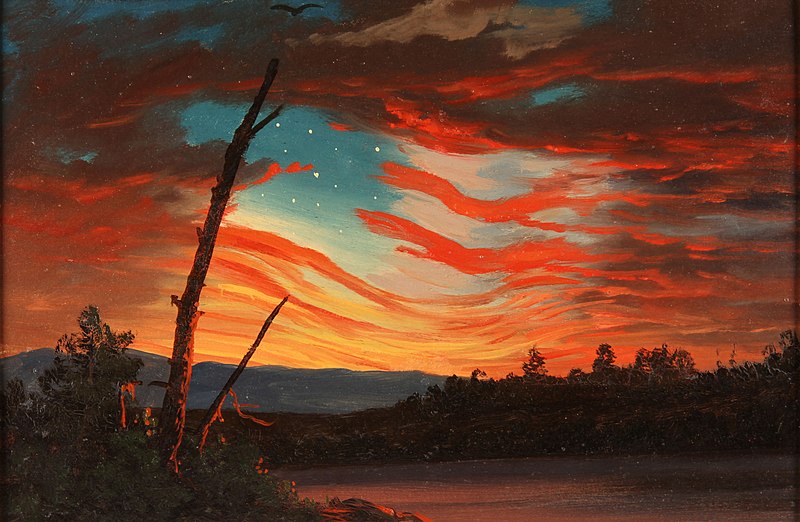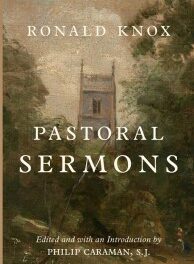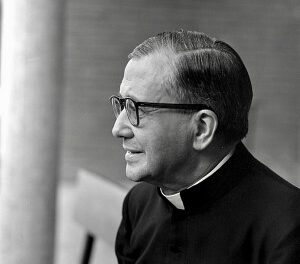We support our Publishers and Content Creators. You can view this story on their website by CLICKING HERE.
Antonín Dvořák wrote the cantata “The American Flag” in 1892-3, during the Czech composer’s tenure as director of the National Conservatory of Music in New York City. The work was commissioned by the founder of the conservatory, Jeanette Thurber, to celebrate Dvořák’s arrival in the United States and to commemorate the four-hundredth anniversary of Christopher Columbus’ discovery of America. The piece, scored for vocal soloists (contralto, tenor, bass), chorus, and orchestra, sets the text of Joseph Rodman Drake’s early-nineteenth century poem by the same name (see the poem below the video). “The American Flag” is reminiscent in style of military wind-band music, and it is unique in Dvořák’s oeuvre, as the only English text he set to music, and in its departure from from the composition style of the European classical tradition to which the composer adhered. Though certainly one of the composer’s lesser works, it is nevertheless an interesting one, at least for these reasons.
Dvořák himself may have lost interest in the work, as it took some time for Thurber to decide upon the text she wished him to set. As he waited, he wrote what he called “The Columbian Te Deum” to celebrate the great explorer’s arrival in the New World. In Dvořák’s mind this may have satisfied Thurber’s commission, and it too may well have drained the composer of any inspiration to write another celebratory piece on the same subject. After finally receiving Drake’s poem and finishing “The American Flag,” Dvořák quickly set to work on what would become his great New World Symphony, the writing of which clearly engaged his interest to a much larger degree. Dvořák never heard “The American Flag” performed, as he had returned to his native Prague when it was premiered in New York in 1895.
“The American Flag,” by Joseph Rodman Drake
I.
WHEN Freedom from her mountain height
Unfurled her standard to the air,
She tore the azure robe of night,
And set the stars of glory there.
She mingled with its gorgeous dyes
The milky baldric of the skies,
And striped its pure celestial white,
With streakings of the morning light;
Then from his mansion in the sun
She called her eagle bearer down,
And gave into his mighty hand,
The symbol of her chosen land.
II.
Majestic monarch of the cloud,
Who rear’st aloft thy regal form,
To hear the tempest trumpings loud
And see the lightning lances driven,
When strive the warriors of the storm,
And rolls the thunder-drum of heaven,
Child of the sun! to thee ’tis given
To guard the banner of the free,
To hover in the sulphur smoke,
To ward away the battle stroke,
And bid its blendings shine afar,
Like rainbows on the cloud of war,
The harbingers of victory!
III.
Flag of the brave! thy folds shall fly,
The sign of hope and triumph high,
When speaks the signal trumpet tone,
And the long line comes gleaming on.
Ere yet the life-blood, warm and wet,
Has dimm’d the glistening bayonet,
Each soldier eye shall brightly turn
To where thy sky-born glories burn;
And as his springing steps advance,
Catch war and vengeance from the glance.
And when the cannon-mouthings loud
Heave in wild wreaths the battle shroud,
And gory sabres rise and fall
Like shoots of flame on midnight’s pall;
Then shall thy meteor glances glow,
And cowering foes shall shrink beneath
Each gallant arm that strikes below
That lovely messenger of death.
IV.
Flag of the seas! on ocean wave
Thy stars shall glitter o’er the brave;
When death, careering on the gale,
Sweeps darkly round the bellied sail,
And frighted waves rush wildly back
Before the broadside’s reeling rack,
Each dying wanderer of the sea
Shall look at once to heaven and thee,
And smile to see thy splendours fly
In triumph o’er his closing eye.
V.
Flag of the free heart’s hope and home!
By angel hands to valour given;
The stars have lit the welkin dome,
And all thy hues were born in heaven.
For ever float that standard sheet!
Where breathes the foe but falls before us,
With Freedom’s soil beneath our feet,
And Freedom’s banner streaming o’er us?
This essay originally appeared in The Imaginative Conservative in June 2018.
The Imaginative Conservative applies the principle of appreciation to the discussion of culture and politics—we approach dialogue with magnanimity rather than with mere civility. Will you help us remain a refreshing oasis in the increasingly contentious arena of modern discourse? Please consider donating now.
The featured image is “Our Banner in the Sky” (1861) by Frederic Edwin Church and is in the public domain, courtesy of Wikimedia Commons.
Share This Story, Choose Your Platform!
Go to Top

 Conservative
Conservative  Search
Search Trending
Trending Current News
Current News 







